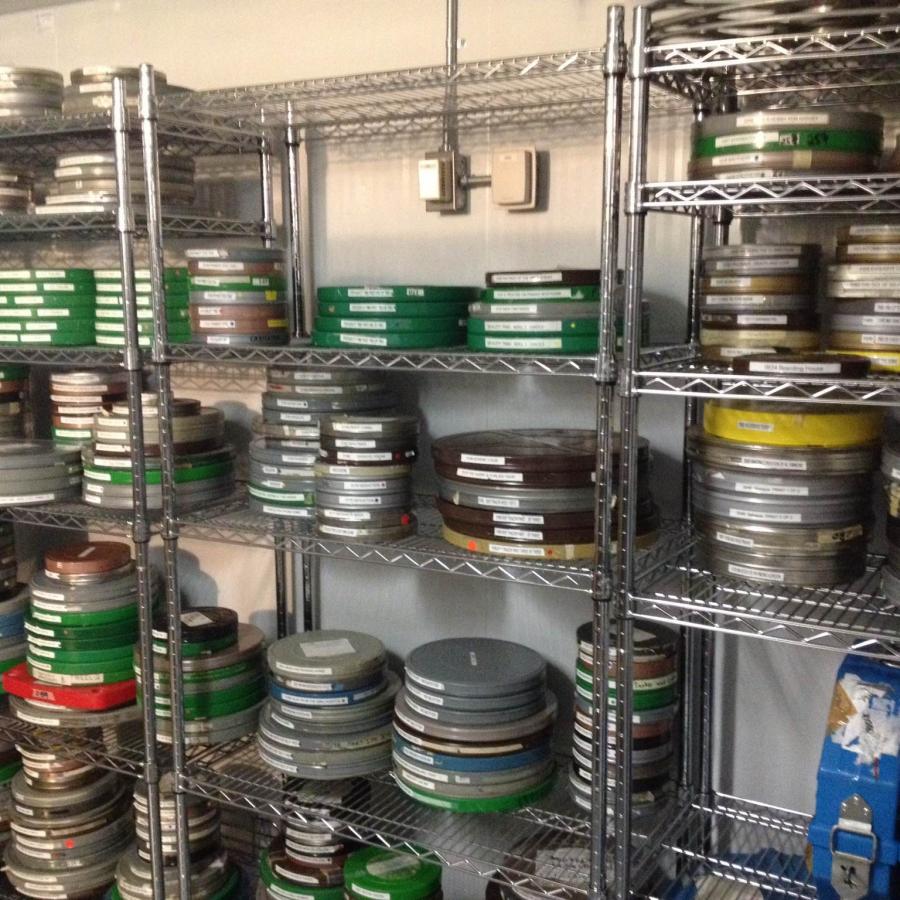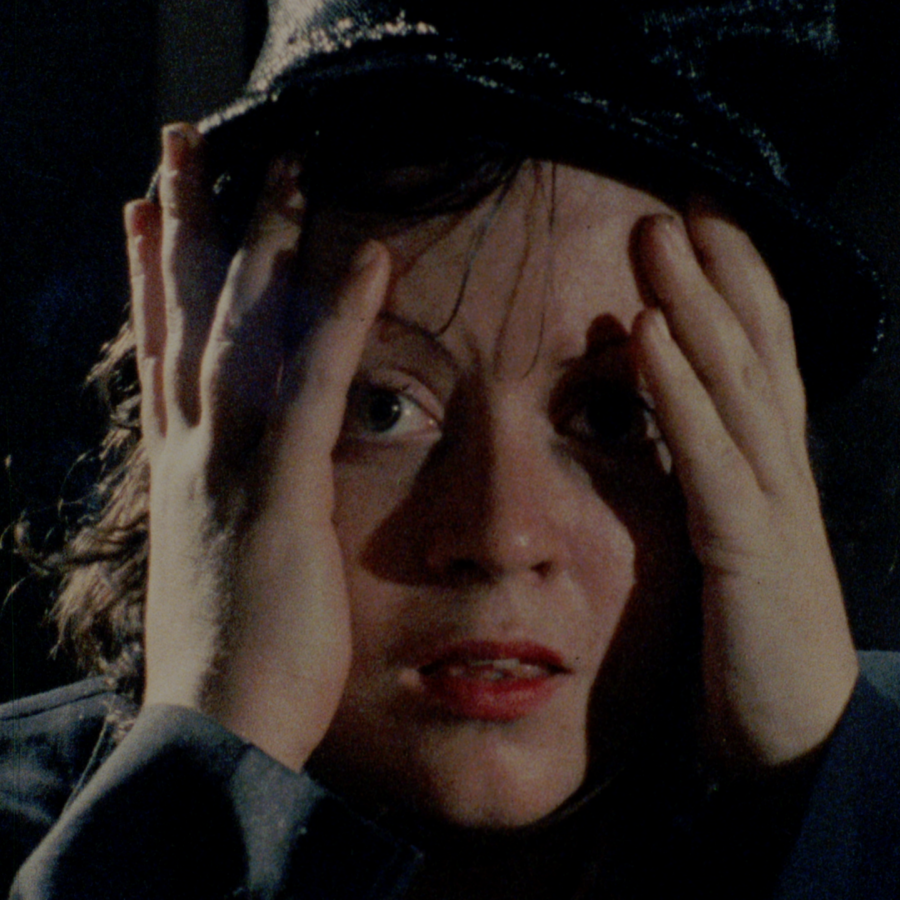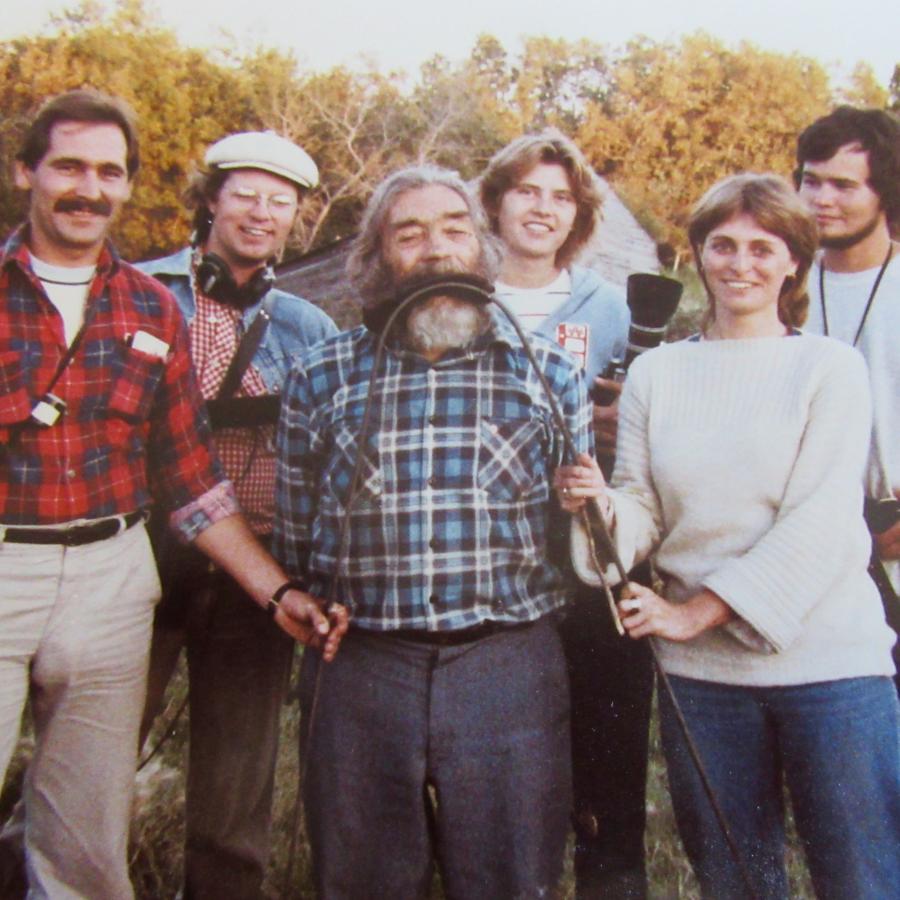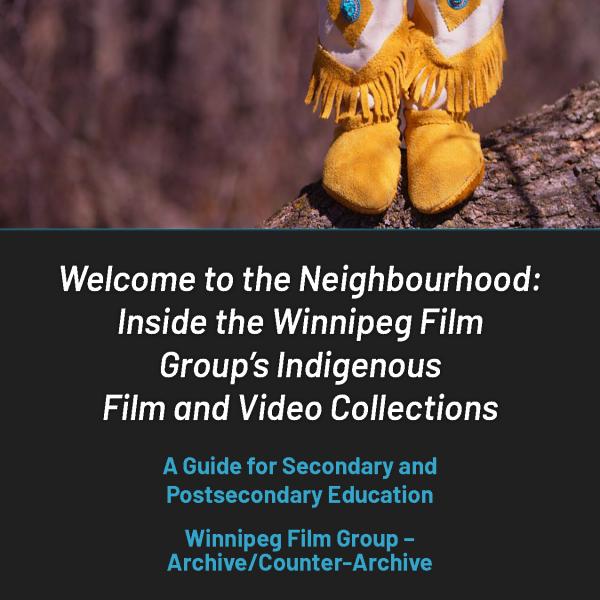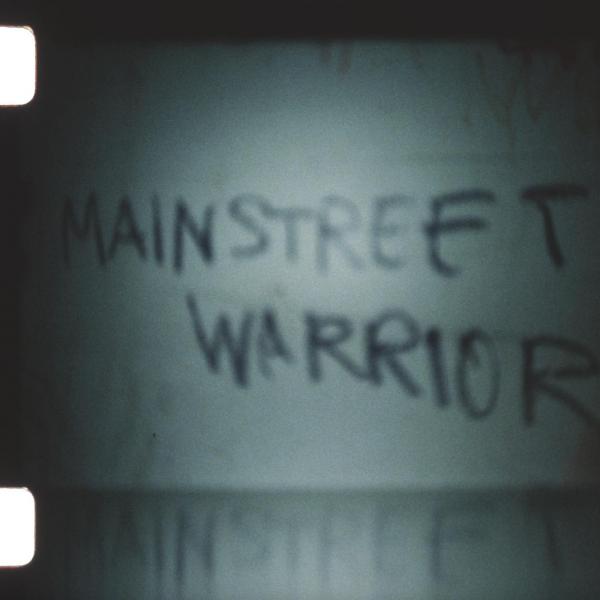Founded in 1974, the Winnipeg Film Group (WFG) is central to any history of independent and experimental filmmaking in Canada. The WFG Case Study is extending the preservation efforts the Film Group itself has undertaken in recent years, digging deep into their archives to identify those films sidelined and subordinated in conventional histories of the organization. These works have the capability of transforming our understanding of the city, its cinema, and the cultures that converge here.
The Winnipeg Film Group (WFG) Case Study adopted an unusual approach to its counter-archival inquiries. Instead of focusing on a single aspect of its archival collections or on a particular moment in its history, it chose instead to think broadly about the relationship between its catalogue and the community that it serves. The WFG Case Study had the broad remit to highlight and centre works by women and by Black and Indigenous filmmakers, but also left itself open to chance discoveries and unanticipated connections. During the course of activities, the case study embraced the idea of the accidental archive. Celebrating its fiftieth anniversary in 2025, the WFG finds itself with a rich and deep catalogue of films, on all formats, for which it is now the caretaker and guardian. The original founders perhaps did not envision the WFG would eventually need to take on this role, but one of the main tasks of the organization today is to tend to this collection and ensure that it does so in a way that serves its members and the community, and also ensures the WFG’s role in the history of independent film in Canada is recorded and recognized.
The activities of the WFG Case Study were a mix of public-facing events that highlighted the works in its collection and practical backstage improvements in the care, preservation, and cataloguing of the works housed in its climate-controlled film vault. Working with the guidance of partners in the A/CA network, the WFG developed and implemented processes and protocols for the assessment, care, and handling of works in its collection, and mapped out strategies for the ongoing preservation and promotion of films, especially those works it holds that can widen our understanding of the WFG’s history and serve as a counter-archive to the films that has given it a global reputation. Working with the Vulnerable Media Lab, the WFG selected and prepared over sixty works for digitization, the majority of them by women filmmakers, and digitized a further nineteen films in-house, having secured a grant to purchase a Lasergraphics scanner. A new, publicly accessible online catalogue provides the most comprehensive overview of the films produced and distributed by the Winnipeg Film Group over the course of its fifty-year history, and this resource was made possible by the archival groundwork undertaken under the auspices of A/CA.
In addition to this backstage labour, the WFG Case Study also featured several public events that drew the community together to explore the deeper reaches of the organization’s catalogue. Curated by members of the WFG and A/CA team as well as by artist-in-residence Redsun (Dënësųłinë́ and Nehithaw), these screenings, held in the WFG’s famed Black Lodge Studio, provided the opportunity to rethink the history of the organization and to draw different connections between the works from the vault and contemporary productions. Redsun’s residency also added to the archive: they produced a film, Mainstreet Warrior (2023), shot on 16mm in true WFG spirit, that is in direct dialogue with the very earliest work in the WFG catalogue, Leonard Yakir’s Main Street Solider (1972). The film is accompanied by a permanent installation by Redsun outside the Black Lodge of a screenprinted work on canvas that layers and repeats images from Mainstreet Warrior.
Though the work of Archive/Counter-Archive has officially reached its end, the impact of the case study will be ongoing–with both the accessibility of the newly digitized films and the publication of an educational guide that focuses specifically on works by Indigenous filmmakers and designed for use at the secondary and early postsecondary levels: Welcome to the Neighbourhood: Inside the Winnipeg Film Group’s Indigenous Film and Video Collections.
Mid-point update (2022)
At the half-way point of its run, the WFG Case Study, in coordination with the Vulnerable Media Lab, has already digitized more than 25 film and video works, with many more to come in the months to follow. In addition to these crucial preservation efforts, the Case Study has featured several curated programs, putting these newly rediscovered works in dialogue with familiar films from the WFG catalogue.
The second phase of the Case Study will invite an artist to work with and in the WFG archive, giving them carte blanche to both create and critique, to recognize the possibilities that the Film Group opened up for independent filmmakers over the course of its history, but also to acknowledge the exclusions and elisions that complicate and compromise these achievements.
Complementing this creative and critical intervention will be the development of educational materials, the production of scholarly work, and the continued efforts to circulate and distribute films that confirm the importance of the Film Group to the history of Canadian cinema but challenge common understandings of what the WFG is and has been. These combined projects will show how the heterogeneity of work produced by the Film Group extends well beyond the familiar films and iconic directors.
Guiding the work of the Case Study in this next phase is the recognition that counter-archive initiatives must also, at times, challenge the archive, and invite future work that exposes the limits and names the exclusions that characterize earlier productions. This does not simply mean recognizing the specific exclusions that structure the archive – the anti-Indigenous racism, the anti-Black discrimination, the anti-Asian hate, as well as other forms of intolerance and violence – but creating the conditions of possibility for Indigenous, Black, Asian, and queer filmmakers to counter this history and to produce films that open up, extend, and critique the archive as it actually exists.
Central to the WFG Case Study is this desire to develop a counter-archival practice that is generative rather than simply reflective, that mobilizes the cinematic past in pursuit of a fundamentally different future.
About The Winnipeg Film Group
The Winnipeg Film Group is an education, production, exhibition, and distribution centre committed to promoting the art of the moving image. Founded in 1974, the WFG began distributing locally made films in 1981 to help serve Manitoba filmmakers who were creating work, but didn’t have the knowledge or resources to seek out screenings or sales for their work.
Land Acknowledgement
The Winnipeg Film Group and the University of Winnipeg are located on Treaty 1 Territory and on the ancestral lands of the Anishinaabeg, Cree, Oji-Cree, Dakota, and Dene Peoples and in the homeland of the Métis Nation. As we undertake this project, we offer our respect and gratitude to the traditional caretakers of this land. At the heart of the Winnipeg Film Group Case Study is the desire to understand how the audio-visual archive serves as both a record of historical inequities and an opportunity to engage in the processes of decolonization. Located at the convergence of the Red and Assiniboine Rivers, a cultural meeting place for 6,000 years, Winnipeg is the ideal site on which to re-examine and reconsider connections between the arts, the archive, and Indigenous-settler relations.

Andrew Burke
Andrew Burke is an Associate Professor in the Department of English at the University of Winnipeg. He is the author of The Past Inside the Present: Cultural Memory and the Canadian 70s, which will be published in the fall of 2019. His research on space, place, architecture, cinema, music, memory, and media formats have been published in a number of journals and edited collections. His current project, “Cinema and the Object World of Modernity,” examines how sixties and seventies cinema serves as an invaluable archive of the everyday, capturing the processes of postwar modernization in the incidental objects that populate screen space.

Leslie Supnet
Leslie is a Filipinx moving image artist and educator, who has worked with artist-run centres for over 12 years. She has taught extensively in the community as a facilitator, mentor and academic instructor, with service on artist-run Boards in Winnipeg and Toronto. Leslie has programmed artist-driven screenings at the Winnipeg Cinematheque, Pacific Cinematheque, Pleasure Dome and Plastic Paper: Winnipeg’s Festival of Animated, Illustrated and Puppet Film. Leslie’s artistic practice spans various media – animation, analog film/video, expanded drawing and design, with works screened at TIFF, International Film Festival Rotterdam, Image Forum Festival in Japan, Flaherty NYC and Kurzfilmtage Oberhausen amongst many others. She holds an MFA in Film Production (experimental stream) from York University.


